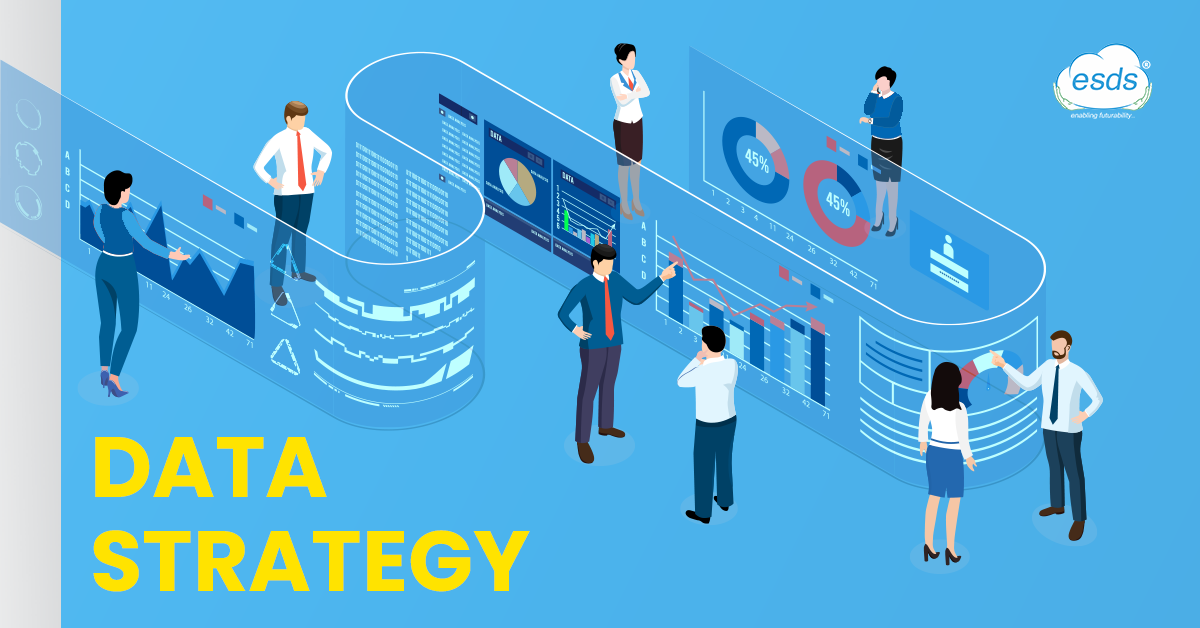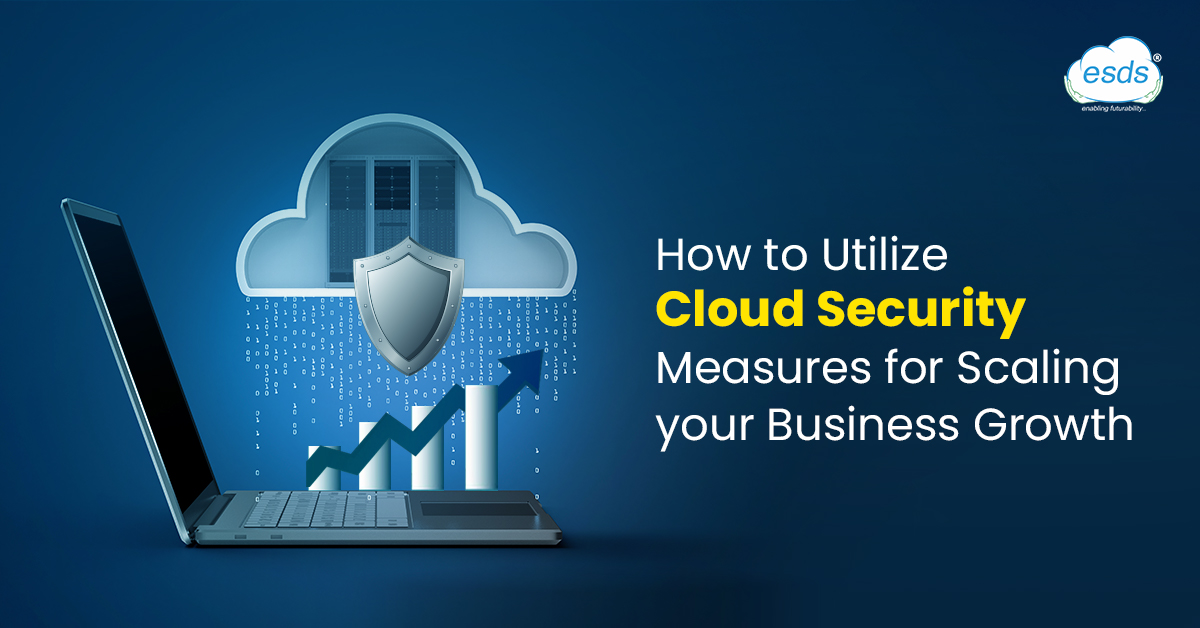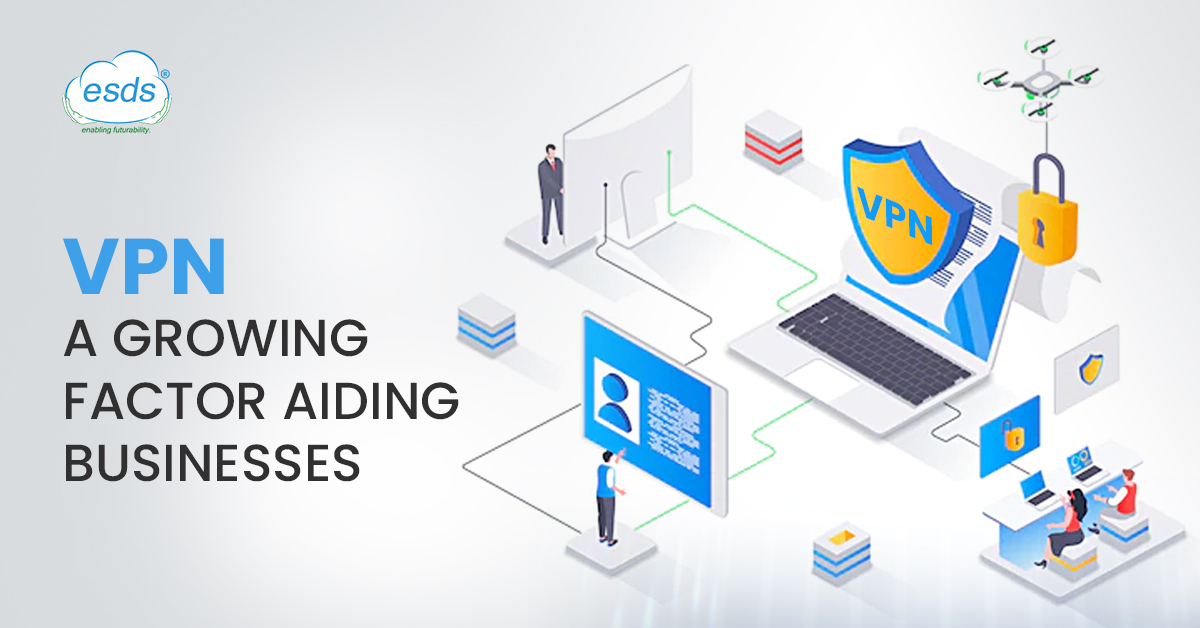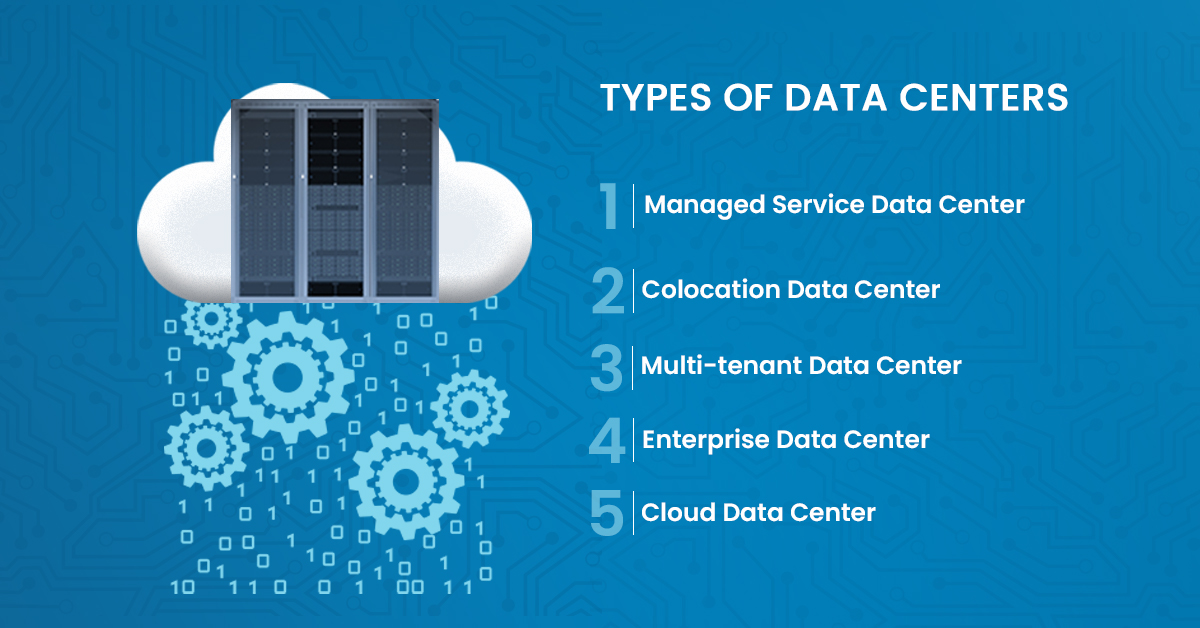Data has become an invaluable asset for businesses of any type and size or industry. To put this data to use and yield value for a business, requires developing a Data Strategy. Businesses across the globe invest heavily in gathering, analyzing, organizing data, and churning it for multiple uses, which can be quite challenging. Developing a Data Strategy assists organizations to utilize the data extensively without compromising on resources.

Organized data gives clarity to making important decisions and other strategic actions for the business. Since Data has become a precious resource, security becomes the highest priority. As more and more businesses are shifting towards digital transformation, staying on par with business trends is essential while also protecting the business data from hacking and cyber-attacks is equally crucial.
To Implement a Data Strategy
Importance of Data Strategy – Why your business needs a (modernized) data strategy?
- Un-organized and steady moving organizational processes
- Un-structured and duplicated data with quality issues
- Capability issue to analyze business workings to churn the data for the right use
- Unable to identify the business’s growing needs and market trends
- Lack of clarity in terms of segregating the data at hand
- Work repetition and errors waste resource time
Factors to Consider
To implement a data strategy, an organization needs to have concrete plans and financial investments in place to follow through. The IT team and management personnel must be at the forefront of running the entire activity along with support from the entire organization.





